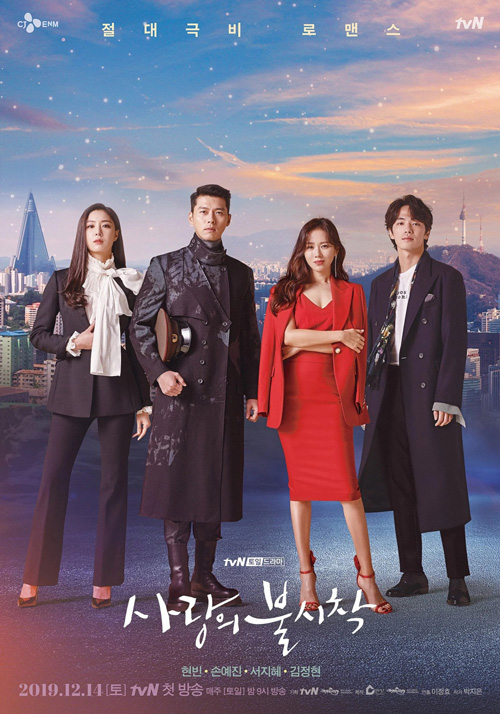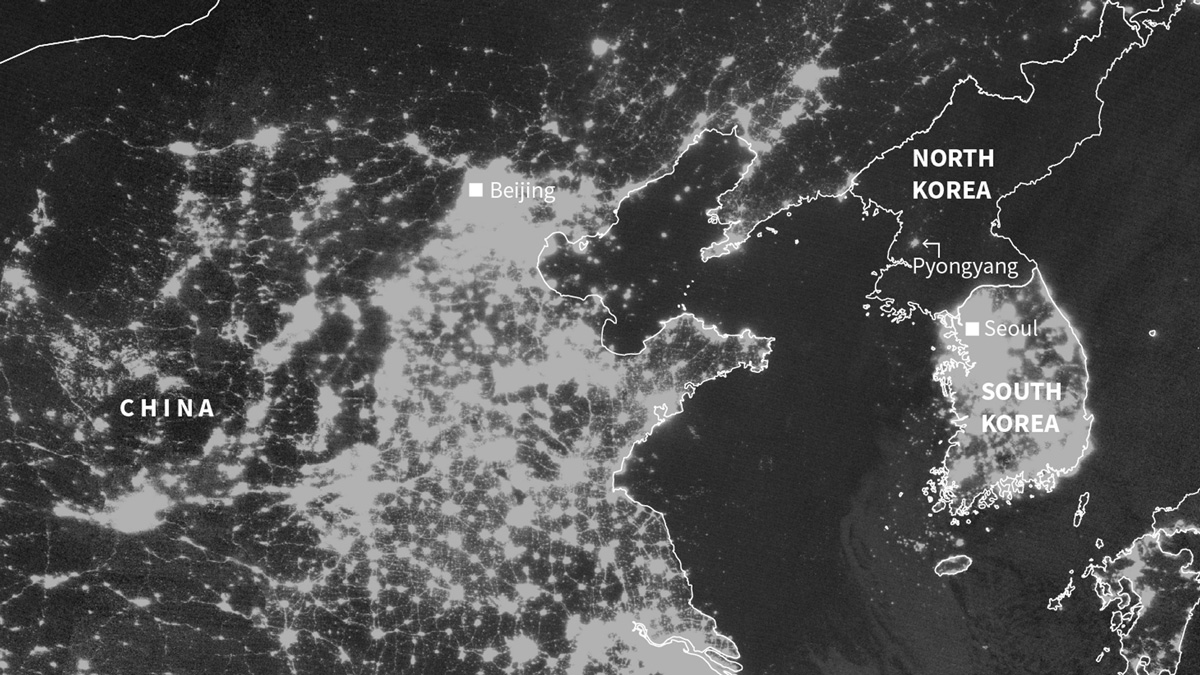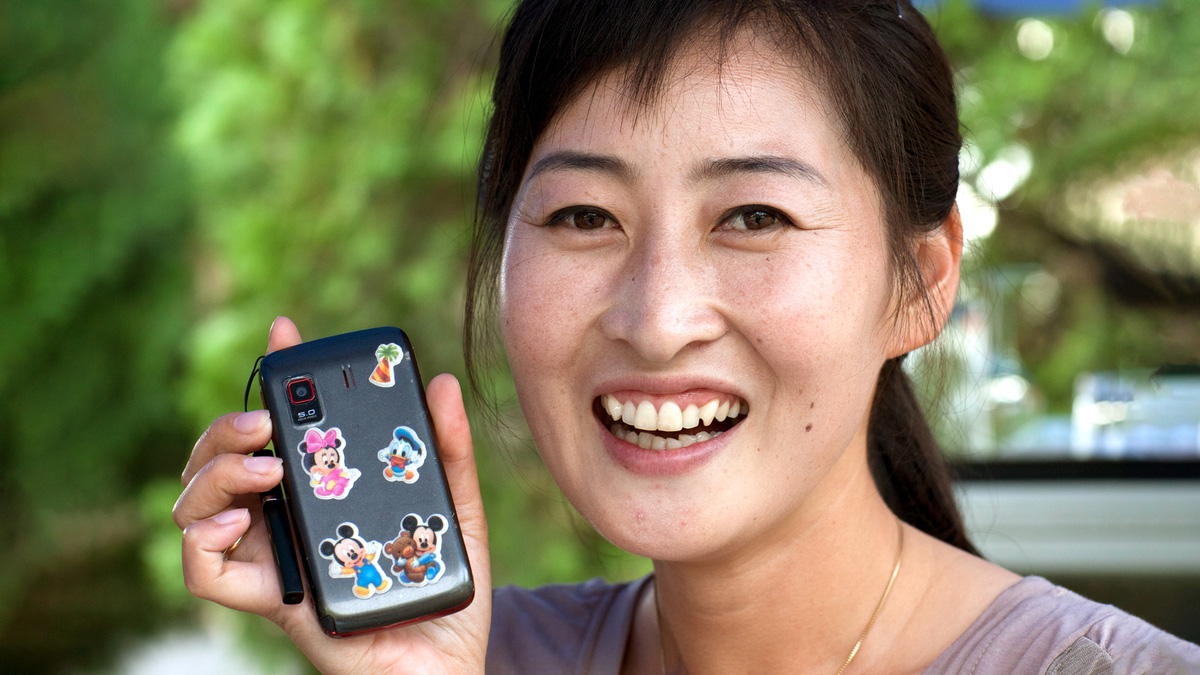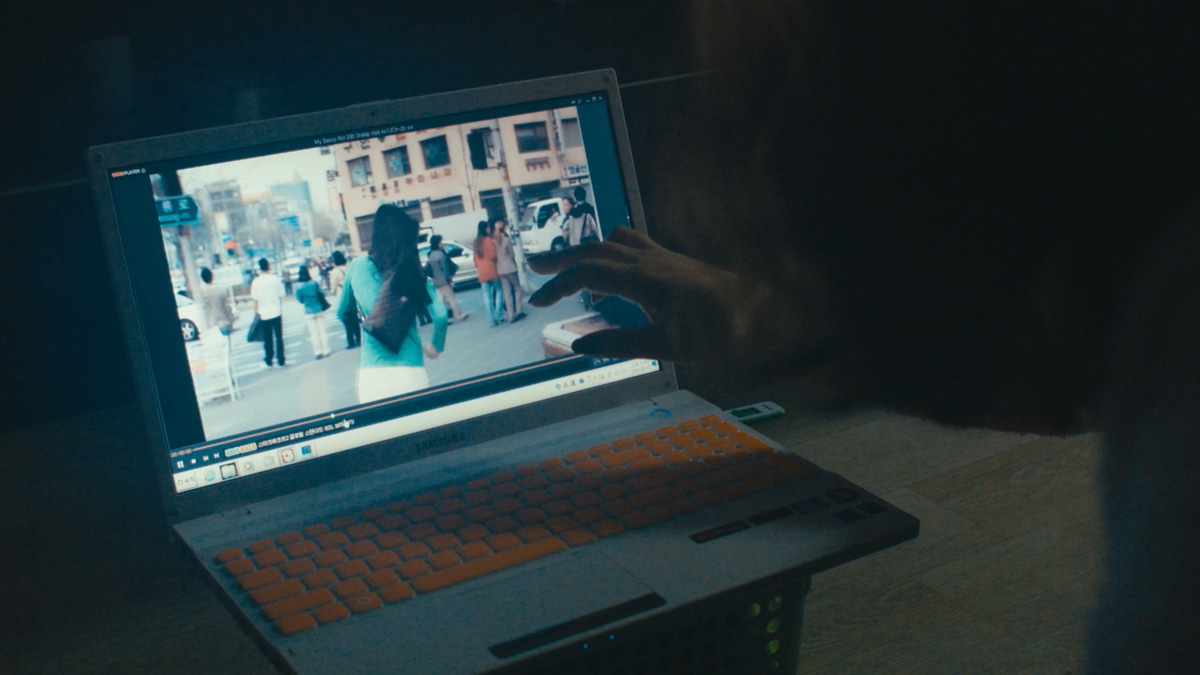Meet Charles - A North Korean Living in the United States

Charles escaped from North Korea and made the dangerous journey through China without the help of a rescue network. We met Charles after he resettled in the United States and were able to connect him with Coding Dojo, a coding boot camp and Liberty in North Korea partner, that generously provides free programming education to North Koreans. We've become great friends with Charles and recently he was excited to share his story with you.
My name is Charles. I was born on October 1st, 1994. I grew up without the love of my parents because my father left us when I was five years old and my mother passed away six years later from starvation. For years, I had to figure out how to live alone. I begged for food from strangers on the street, battling starvation and freezing weather. One day my stepbrother came to find me and take me in. I lived with him for a while and when I was 14 years old he brought me to my father in China. Life was so much better in China and I remember thinking there would be no more starvation and no more begging for a place to sleep.
Yet nine months later, the Chinese police came to our house and arrested my family.
We begged the Chinese police to let us go but they wouldn’t listen. Instead, we were kept in a Chinese jail for two weeks. It was when I was sent back to North Korea after this two week period that I realized that no happiness existed any longer -- the happiness that I had felt had been only temporary. The North Korean government questioned me, abused me, and forced me to work as punishment even though I was only sixteen.
Each meal consisted of a single piece of corn.
After eight months, I was finally released. I was just skin and bones - I had almost starved to death.
Without any money, I knew I had to find work. I began working in a coal mine which allowed me to buy rice to eat. Work in the coal mine was very risky -- I saw people lose their arms and legs as they were smashed under the rocks. I was afraid and I couldn’t help thinking that I would soon lose an arm or a leg myself. After working in the mine for a year, I realized I couldn’t stay in North Korea any longer. I knew how long and hard escaping North Korea would be without money or food, and I understood that if I was caught I could be killed. But I wanted to take these risks instead of continue working at the coal mine. I knew I could leave - I just needed to be brave.
My journey began when I boarded a train to take me closer to the border of China and North Korea. I was riding illegally and though I managed to hide during most of the ride I was at one point caught by the train security without my birth certificate. They locked me in a room with plans to kick me off at the next stop. I felt every piece of hope inside of me break because I knew they would send me to jail. Then, as the train slowed, I realized that I might be able to escape through the window.
With my heart pounding in my throat I opened the window and jumped out.
Still, I had more to go. I walked for hours, illegally boarded a second train, and then, finally, I was at the border of China and North Korea.
I remember feeling excitement and happiness when I reached the border, but I also felt worry because I knew I had to cross the Tumen River. The land surrounding the river had constant security and if I was caught I would be shot. I hid in tall grass for six hours, waiting for darkness. Finally, I took a deep breath and stepped into the water. I was halfway across when the river picked up. I almost fell and in my fear I let out a scream before I could catch myself.
Suddenly, I felt a light on my head. A border guard screamed, “Come back here or we'll shoot you.”
I was terrified, and I thought I would never make it because the current kept pulling me under, but I just kept swimming. At last, I made it to the river’s shore.
My journey did not end when I got to China. I traveled by foot, van, bus, motorcycle, and boat. My shoes fell apart and my feet bruised and bled. I went for days without food and water and there were times when I wanted to give up. I cried many days until I couldn’t cry anymore because I was too dehydrated. When I made it to my father’s house, I expected him to welcome me, but he beat me and asked me why I had come to him. I saw that he did not want me. He asked me to leave and he sent me away with his first wife. Together, his wife and I escaped the eyes of many police officers and finally made it to Southeast Asia where I was safe. For months I stayed in a Korean embassy refugee camp and then an international refugee camp where I was finally helped to come to the United States.
In those months and years when I was struggling to survive, my dreams and hopes for a better life kept me going.
I told myself every day that I could make it better -- that one day, somehow, I would change my life, and I kept dreaming about this life. Eventually, I realized that I couldn’t just wait for this dream of a better life to come true -- I had to make it happen.
_____Charles has shared his incredible story at many events to help grow the movement of support for the North Korean people. We are honored to be able to work with him and we are grateful to you for making it all possible! Thank you.
Foreign Media in North Korea - How Kpop is Challenging the Regime
Movies, TV shows, and music hold power. They’re a way for us to connect through common experiences, reckon with different sides of humanity, and revel in the beauty of being here at all. They transport us to another time and place- perhaps one of our imaginations- and most importantly, allow us to dream and imagine a limitless future.

In recent years, South Korean media and entertainment has gained international recognition. People like Hyun Bin and Son Yejin, the stars of popular Korean drama Crash Landing on You, have become household names, while Parasite swept the 2020 Academy Awards and music from K-pop groups like BTS are charting globally.
Meanwhile, just across the border, North Korea remains one of the most closed societies in the world. Yet even in the “hermit kingdom,” foreign media is accelerating empowerment of the people and change within the country!
Forced Isolation and the Regime’s Information Monopoly
The North Korean government has maintained power for decades through a system of imposed isolation, relentless indoctrination, and brutal repression. A complete monopoly on information and ideas within the country has been key- outside media threatens to challenge the legitimacy of their propaganda, and by extension, their control.
The 2014 United Nations Commission of Inquiry on Human Rights in North Korea reported an almost complete denial of the right to freedom of thought, conscience, and religion as well as of the rights to freedom of speech, opinion, expression, and association.

The regime employs a range of strategies to enforce information control:
- Restricting movement across borders and within the country
- Random house searches
- Severe punishment, including public executions, to deter foreign media consumption and sharing
- Sophisticated digital surveillance
- Jamming phone signals and locating users through signal triangulation
- Mobile OS file signature system that only permits government-approved apps and files
The Spread of Foreign Media
Despite this isolation and unparalleled internal restrictions, the North Korean people have been quietly changing their country from within, including through foreign media access. Through market activity and the movement of people and goods across the Chinese border, they have forced the gradual opening up of their society. Movies and music are smuggled into the country on USBs, SD and MicroSD cards, and small portable media players, offering illicit access to information from the outside world.
With lights off and windows shuttered, North Koreans will watch foreign media despite the risks. If all else fails, bribes are a way for people to reduce punishment if caught. Most North Korean police and government officials rely on bribes to survive, and some defectors complain that they are actually the biggest consumers of foreign media because they confiscate so much.

Information Technology in North Korea
Within North Korea, a broad range of information technologies are available, although they should be registered with authorities. Laptops and computers officially run on a government operating system, Red Star OS, while the North Korean intranet, Kwangmyong, is air-gapped from the internet and heavily surveilled. However, in practice, many North Koreans have non-networked devices used for games, editing software, watching videos, and to copy, delete and transfer media on removable devices.
Mobile phones are also common with approximately 6 million on the North Korean network, meaning roughly 1 in 4 people have one. These North Korean phones generally cannot make international calls and the operating system limits users to approved state media (programs have been developed to bypass this security). On the other hand, smuggled Chinese phones can be used in border regions on the Chinese network. These have been crucial for staying in touch with relatives who have escaped or defected, who often send back money and information from the outside world.

Radios are the only channel of foreign media and news available real-time across the country. While they should officially be registered and fixed to North Korean stations, it is relatively easy to tamper with radio sets to pick up foreign broadcasts. In border regions, some TVs can also pick up live programming from South Korea and China. Traditionally, TVs were connected to DVD players, but newer LCD televisions also have direct USB input ports.
How Foreign Media Changes Perceptions
Among foreign media, entertainment from South Korea is particularly attractive, produced in the same base language by people with the same ancestry. They contain glimpses of rich and free realities just across the border. In comparison, domestic North Korean media seems old-fashioned and disingenuous, designed to reinforce the regime’s ideologies.
As North Koreans learn more about life, freedom and prosperity in the outside world, and their own relative poverty, the regime’s ideology and control are eroded.

“At first you see the cars, apartment buildings, and markets and you think it must be a movie set. But the more you watch, there’s no way it can be just a set. If you watch one or two [movies] it always raises these doubts, and if you keep watching you know for sure. You realize how well South Koreans and other foreigners live.”
– Danbi, escaped North Korea in 2011
Empowered by foreign media, North Koreans are exploring their creativity and potential through everyday acts of resistance- using South Korean slang, copying fashion styles, and sharing pop culture references. In this culture war, Kim Jong-un has called for crackdowns on "unsavory, individualistic, anti-socialist behavior" among young people to restrict freedom of expression.
Foreign media also facilitates shared acts of resistance. People will swap USB devices with trusted friends and neighbors, increasing confidence in one another through a symmetrical transaction. Some people may also watch and discuss movies and shows together, increasing the media’s subversive influence and creating social networks.
The Regime’s Response
During the pandemic, we’ve seen unprecedented levels of isolation and restrictions, closing off the country more than ever before. To buttress control, Kim Jong Un has simultaneously increased crackdowns and punishments on foreign media consumption. In December 2020, the “anti-reactionary thought law” made watching foreign media punishable by 15 years in a political prison camp.
While the situation is harrowing, the government’s extreme response underscores the power of foreign media. The regime recognizes that social changes driven by North Korean people are a threat to their authority and control in the long term.
Accelerating Foreign Media Access and Change
Moving forward, increasing access to outside information is one of the most effective ways to help the North Korean people and bring forward change.
Information and technology support for North Korean people has historically been an under-utilized and under-invested strategy. LiNK Labs is our area of work focused on this opportunity- we’re developing technologies, networks, and content to empower North Korean people with access to information and ideas from the outside world.




